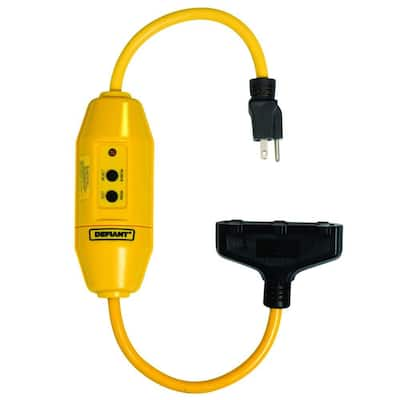I am a renter and my closest outlet to where I brew does not appear to be GFCI. BUT, There was one day where the circuit turned off randomly. The only way to get it back on was to reset the GFCI circuit in my bathroom.
If the outlet connects to that, would it be ok? Im not sure if i explained that correctly. Let m know if i can provide more details.
If the outlet connects to that, would it be ok? Im not sure if i explained that correctly. Let m know if i can provide more details.




